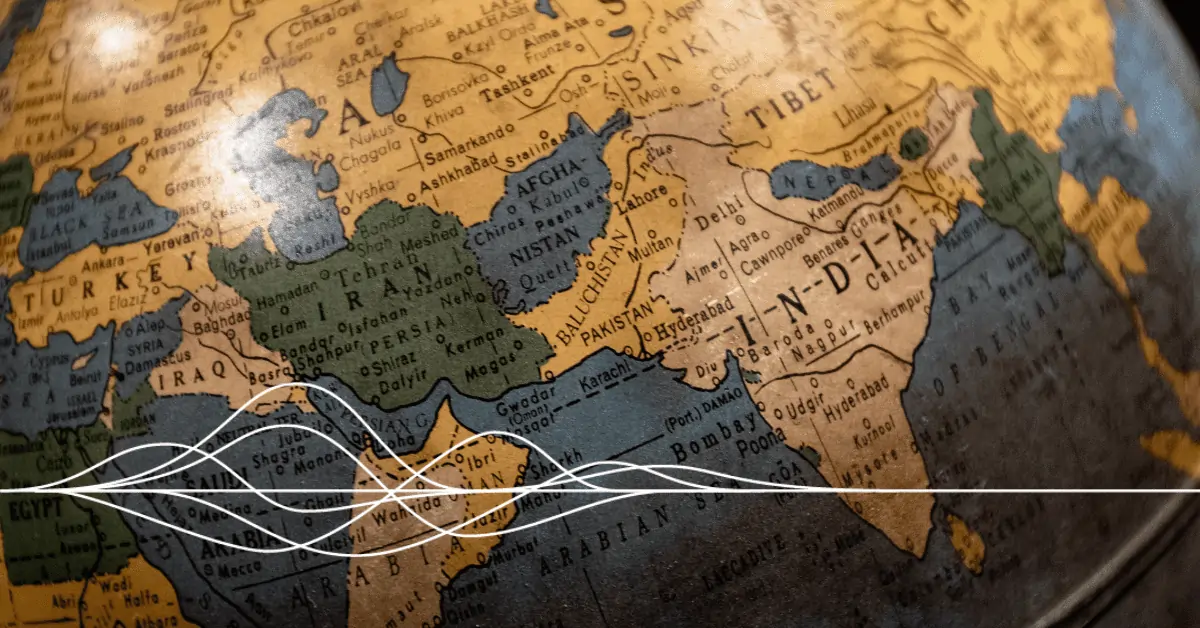
How to get compliant with the Italian Whistleblowing Law
While legislation around the world differs, many countries protect those who expose wrongdoing with specific whistleblower laws. In our mini-series, we look at some of the different whistleblower laws around the world. In this article, we will take a closer look at whistleblowing laws in Asia.
Did you miss the first part? You can find it here.
The original term whistleblower was a literal one. In the past, whistleblowers had a different, although related purpose and were often police officers, or sports referees. They used whistles to alert their colleagues or members of the public, of occurrences that required urgent attention. The term ‘whistleblower’ can be traced back to 1883 when Journalists began using the term. It became a popular description in the 1960s, when US civic activist Ralph Nader became a high-profile whistleblower for his accusations against various corporations, including American car manufacturers.
When it comes to protecting anonymity of whistleblowers, Japanese regulations go even further than other countries. Protection of the whistleblower’s identity is key, with guidance on how to conceal if any investigations have been triggered by tips from an employee. One suggestion is to camouflage the investigation as a surprise audit by carrying it out alongside an audit company. ‘Dummy’ investigations can be conducted in other departments to cover up the real intention behind the main inquiry. Perhaps the security of this smokescreen technique is what allows whistleblowers to account for nearly 60% of sources for exposure of corporate wrongdoing, compared with only 37.6% for internal audits (Consumer Affairs Agency (CAA) report (2018b)).
China doesn’t currently have legislation in place for whistleblowing. It does, however, have several sector or industry specific regulations. People who see or suspect incidents of non-compliance with the law are encouraged to report them. These include breaches of food and drug safety law, product quality, anti-trust, securities, labour, and employment. Unlike procedures in other countries, individuals are directed to relevant authorities with their claims, and not through whistleblowing procedures within their company.
Another step in the direction of formal whistleblowing laws is the ‘Guiding Opinions on Strengthening and Standardising In-process and Ex-post Regulation’ (the ‘Guiding Opinions’) issued by the State Council in 2019. These included the first ever requirement for provincial governments, ministries, and commissions under the State Council to establish whistleblowing systems, as well as to protect whistleblowers. An incentive to whistleblowers in China is that they often receive financial rewards from regulators.
Like China, Hong Kong does not have any whistleblower protection laws. However, as a financial centre the authorities are keen to make sure whistleblowing is possible, especially in the corporate sector. In its 2017 newsletter, the Securities and Futures Commission described corporate fraud and misfeasance as ‘the number one risk to Hong Kong’s markets and investors.’ It went on to state that companies should have effective whistleblowing policies in place. A year later, the SFC announced that an online reporting system was available for blowing the whistle on corporate fraud and market misconduct. Crucially, these reports can be submitted anonymously.
Another document, a pamphlet released by the Hong Kong Monetary Authority, also reported on the risks of financial misconduct, and recommended standards for risk prevention and management. These included an effective whistleblowing channel, a supportive environment for employees and training programmes, to make sure workers feel free to report any suspicions they may have.
Many countries encourage their inhabitants to raise any concerns they have regarding corruption and bribery or other corporate crime, and Singapore is no exception. While this small but financially driven nation has a strong record of transparency, there are currently no laws regarding whistleblowing. However, there is legislation in place to protect whistleblowers against retaliation. The Prevention of Corruption Act follows the same template of other countries, protecting those who blow the whistle on corruption.
The Workplace Safety and Health Act (WSHA) protects those who disclose information about physical conditions, health and safety and work environment hazards. Dismissal of or threatening an employee for reporting health and safety breaches is a criminal offence.
Other areas of legal protection in Singapore include harassment protection and reporting employers to local labour inspectors.
You can learn more about National Whistleblower laws in the EU here.
Pokud máte nějaké komentáře k tomuto článku nebo se chcete dozvědět více o systému Whistlelink, rádi si vyslechneme váš názor.
Společnost Whistlelink si váží vašeho soukromí. Budeme vás kontaktovat pouze ohledně našich řešení.Z odběru se můžete kdykoli odhlásit. Další informace naleznete v našich Zásadách ochrany osobních údajů.


Nice to meet you!

VI TRÄFFAR DIG GÄRNA

Piacere di conoscervi

Z PRZYJEMNOŚCIĄ SPOTKAMY SIĘ Z TOBĄ


NE BUCURĂM DE CUNOȘTINȚĂ

ENCATADOS DE CONOCERTE

WIR FREUEN UNS AUF SIE!

ENCHANTÉ DE VOUS CONNAÎTRE !

TĚŠÍ NÁS, ŽE VÁS POTKÁVÁME
Vaše soukromí je pro nás důležité. Budeme vás kontaktovat pouze v případě, že se to týká našich řešení.
Předplatné můžete kdykoli zrušit. Další informace naleznete v našich Zásadách ochrany osobních údajů.

HAPPY TO MEET YOU!
Whistlelink values your privacy. We will only contact you about our solutions.
You may unsubscribe at any time. For more info, please review our Privacy Policy
